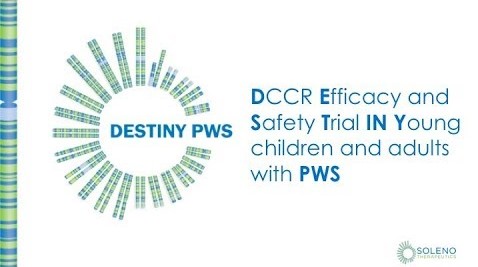Aberrant, autistic, and food-related behaviours in PWS – comparisons between adolescents, young adults and adults.
FEB 2018 – These studies explored the differences of age as well as genotype in regards to the severity of behavioural symptoms in PWS, with emphasis on the comparison between the adolescent, young adult and adult age groups. Statistically significant differences were found in behaviour scores, with higher scores in young adults than adults (results) and higher scores in young adults than adolescents (results).
Differences between the two adult age groups were still true for the genetic subgroups for the aberrant behaviour checklist and part of PARS (Pervasive Developmental Disorders Autism Society Rating Scale.) Maternal UPD subgroups showed a statistically significant difference in terms of behaviour scores. By contrast, there were no significant differences between all groups regarding food related behaviours. These results suggest that aberrant behaviours follow a marked worsening trend from around the age of 18 and improve from around the ages of thirty, in PWS patients in general. In DEL subgroups in particular, there is significant improvement around age 30, whilst in mUPD, the decline in behaviour during early adulthood is more severe.


